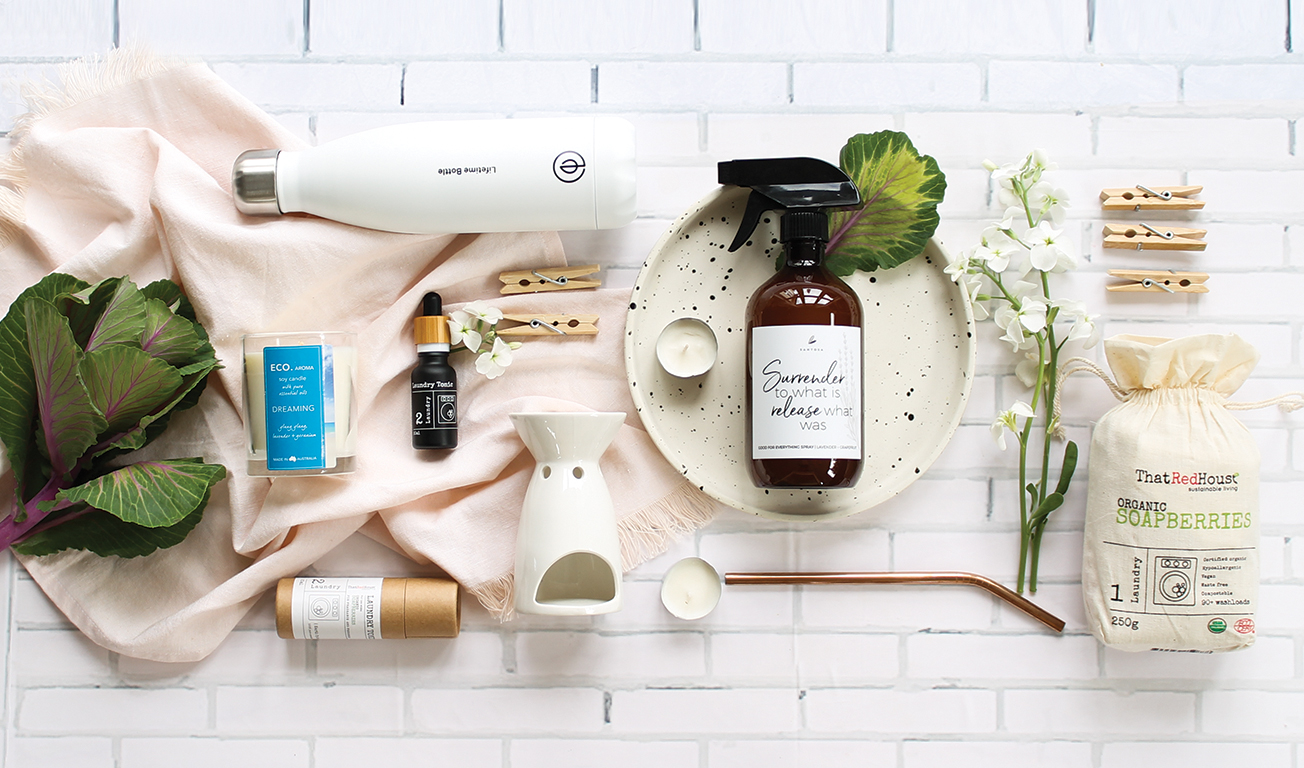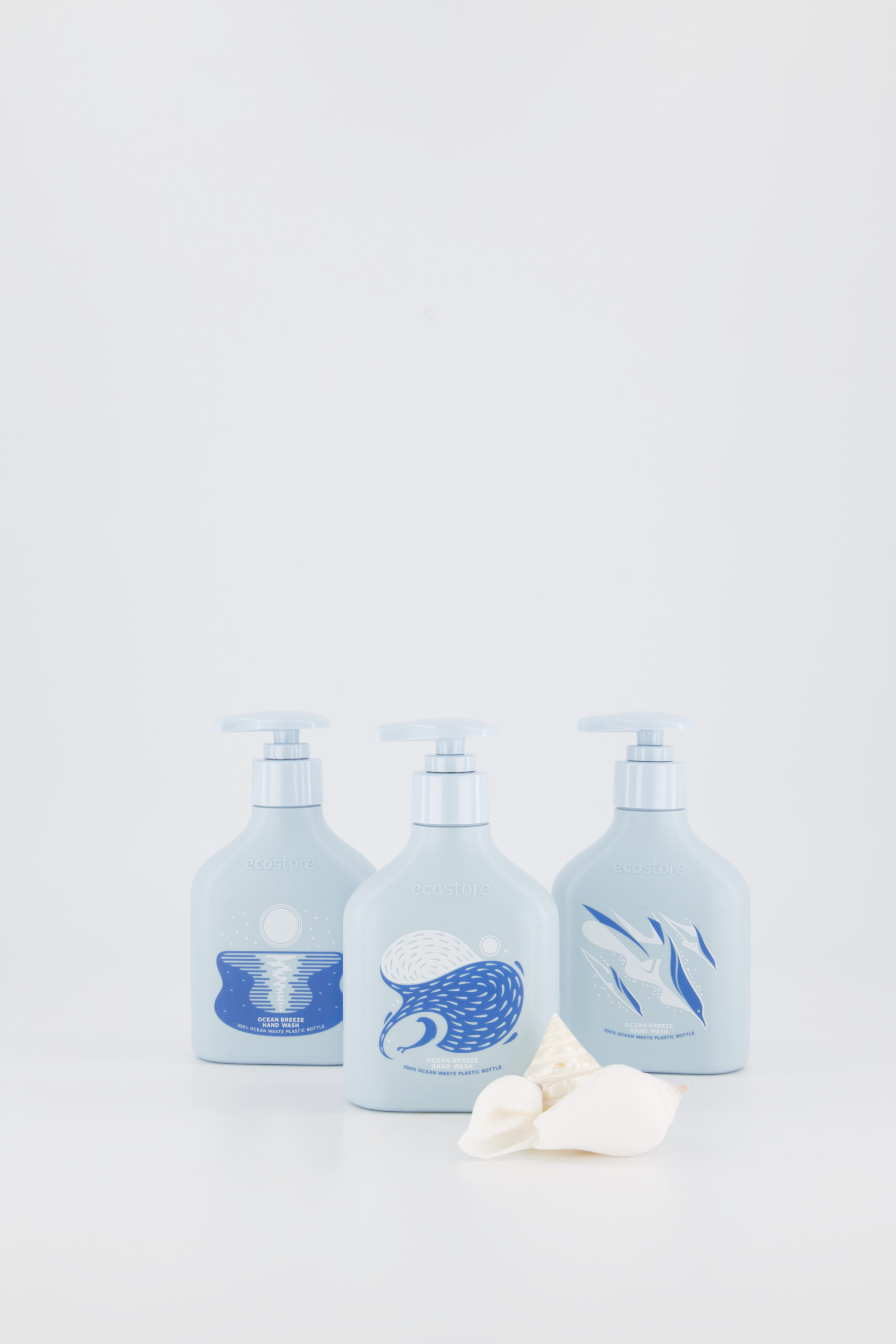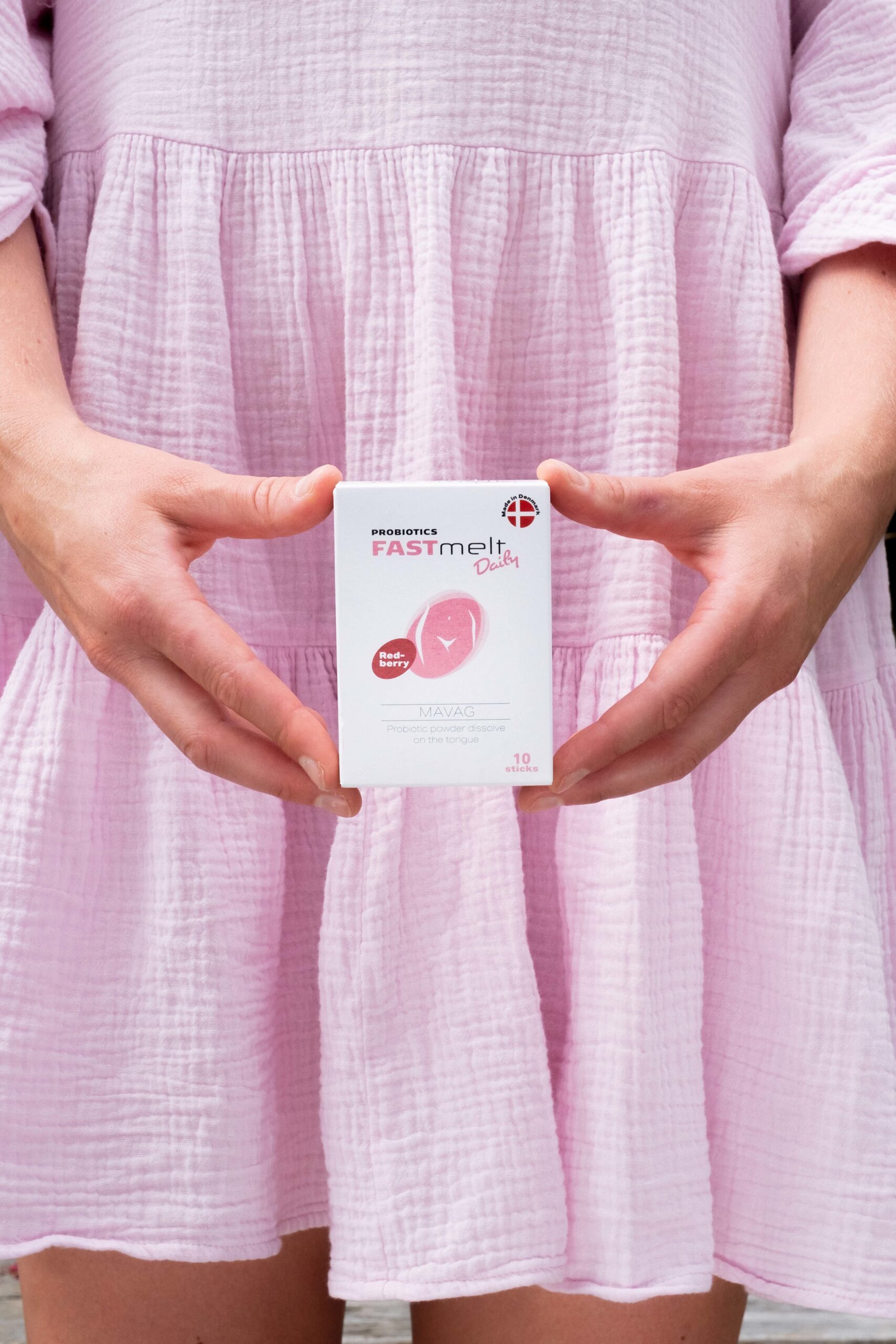Meet the changemakers who are taking real steps to ensure circular fashion happens and is not just talk.
Words Carolyn Enting. Photography Andrew Coffey
ACTA gathering
The second annual Australian Circular Fashion Conference in Melbourne was held on March 21 and 22, 2019, organised by the Australasian Circular Textile Association (ACTA) and included a great speaker line-up as well as Circular Strategy workshops. “It has never been more important for businesses to adopt sustainable practices that will see them successful both today and in the future,” says ACTA founder Camille Reed.
ACTA formed (after the first conference held in 2018) in response to attendees and fellow professionals who wanted to support the enormity of transitioning from a linear model to full circularity. ACTA aims to join the dots to achieve sustainable practice by implementing circular textile innovation through its unique service model and aims to see textile take-backs become as successful as fellow recycling schemes such as e-waste and green waste. australiancircularfashion.com.au
Maggie Marilyn
We love this Instagram post by designer Maggie Hewitt aka Maggie Marilyn demonstrating the headway the label has made towards building a brand that is circular, transparent and accountable. “Changing all of our plastic packaging from plastic to biodegradable organic cassava root was a huge milestone for us, but really it is only the beginning of what we have in store for 2019,” says Hewitt. Maggie Marilyn offers free of charge alteration and mending for all its pieces.
Ethical collab
Good magazine supported the 2019 ‘Ethical Collab Pop Up’ at Ponsonby Central, organised by Amy Conlon of ethical fashion label Outliv. The collab brought together sustainable brands Outliv, Offcut, Oki for All, Grumpysuns, Aurai Swimwear, Mane Project, Gooseboards, Bohome & Roam, Mushama & Me. If you missed it, head to good.net.nz/fashion-news to find out more.
Finding a solution
Donna Cleveland was in her second year of her fashion design degree when the lecturer laid out that the industry she was about to work in was killing the planet. More than 120 million kilograms of textiles go to New Zealand landfill each year.
Most people think they are doing good when they drop their garments off to the local charity shop but the reality is that only 20 per cent of those clothes are sold. “The rest gets baled up and sent to Papua New Guinea. They have the option of looking at what they are getting and paying a premium or paying less and taking what they get. Then they decide what is worth keeping and what will end up in their landfills,” says Cleveland.
It was statistics like this that shocked her into doing something about it and she decided to focus her Masters study on trying to find a solution. At the end of the year Cleveland collected all the textile waste from the fashion design studios at AUT and began sorting through it in an attempt to turn it into new garments and eventually made the problem the focus of her PhD thesis.
Cleveland managed to convince three companies to get on board and give her their waste. She then went on the hunt to find industry-sized machinery that could break down
the fabric and found it in carding machines, used on local farms, and convinced the owners to help her prove her concept. Cleveland then turned to AUT’s Textile Design lab to use a specialist knitting machine that can knit the new yarn, or use a FeltLOOM machine that turns the fabric into felt. Her concept worked, and beautiful new fabric emerged from the fabric scraps she’d collected three years earlier.
“This model has the potential to change perceptions of our garments and the value within them,” she says.
Vote for the future
Online store Made With Respect’s mission is to help create a better future that shouldn’t cost ‘the earth’. It’s a platform for socially responsible businesses and a member of the 1% for the Planet, donating a minimum of 1 per cent of total revenue to approved non-profit partners. “Every purchase we make is a chance to vote for the future we want to see,” says Susan Stevens, founder of Made With Respect. madewithrespect.com
Space Between
Having witnessed the many ‘issues’ of the fashion industry first-hand while working in London, Paris and New York as a designer, led Jennifer Whitty to pursue a career where she could drive positive change. In her role as a sustainable practice-based researcher and lecturer at Massey University, Whitty co-founded the research/education/enterprise initiative Space Between in 2015, as a vehicle for implementing sustainable design strategies within the construct of the circular economy. Situated in Massey University and working in conjunction with the not-for-profit and private sector, Space Between takes the form of design-led activism. “Space Between has enabled me to offer a`bridging mechanism for students’ pre and post graduation to address issues of waste in industry while developing their entrepreneurial capability,” says Whitty.Rethinking waste is vital to the Space Between initiative as it is committed to applying circular economy principles to design, to develop projects and remanufacturing techniques, which aim to be zero/minimal waste. spacebetween.ac.nz







